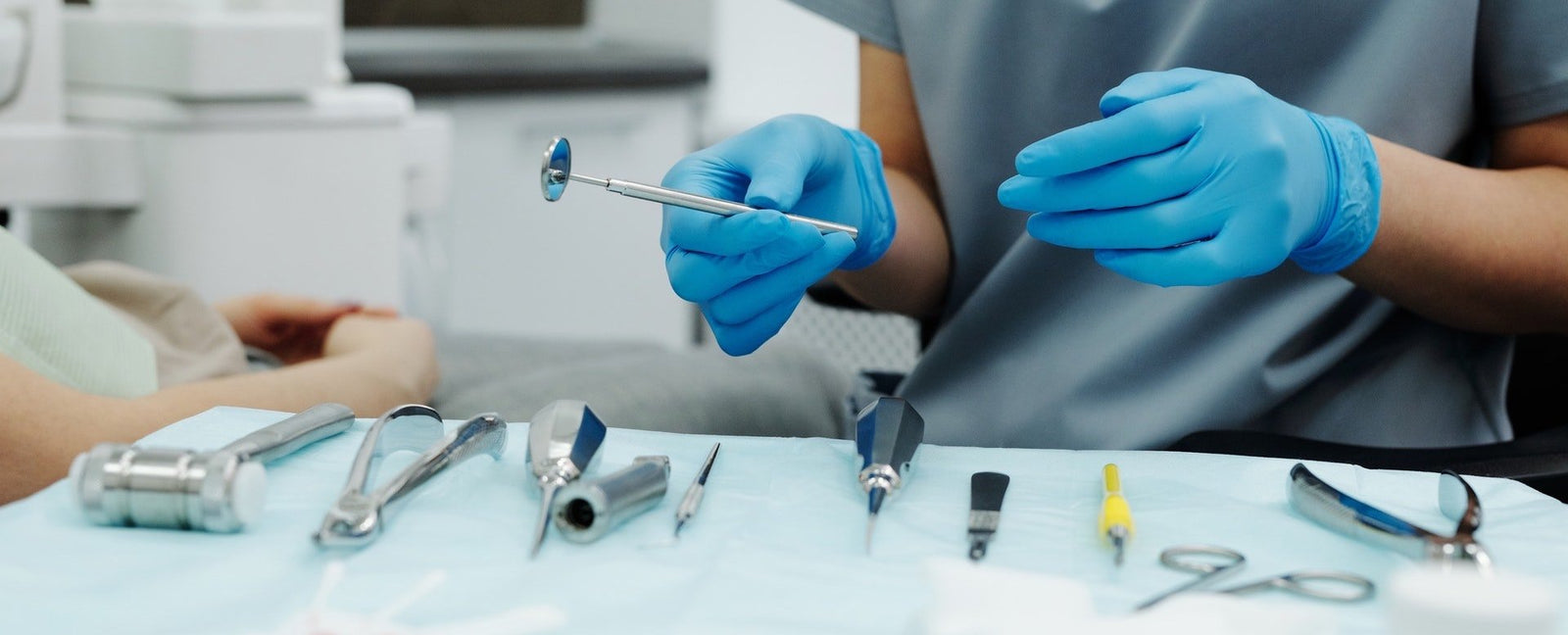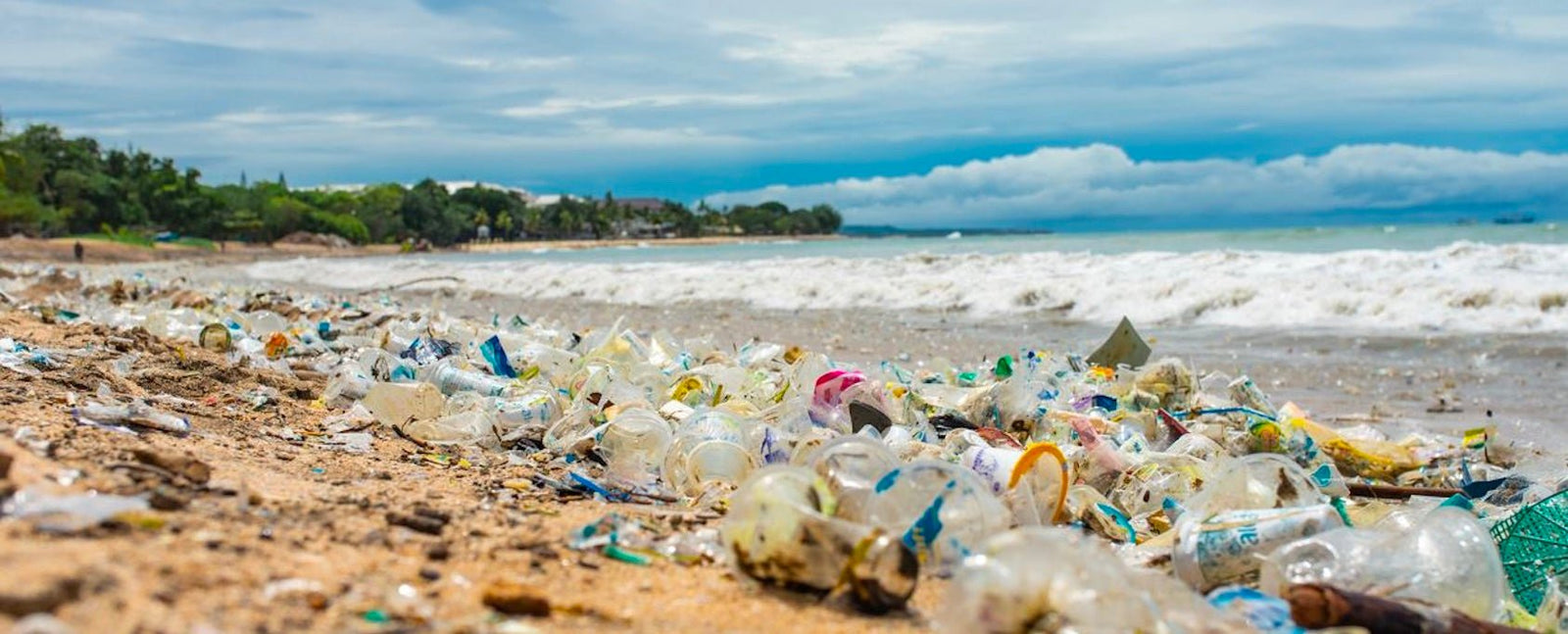
A Quick Guide to Pure Water in the Lab
by Sonya Mathews August 28, 2021 2 min read
Lab applications require different grades of water purity. For example, rinsing equipment, mass spectrometry and IVF all require different types of ultrapure water. Even minimal traces of contaminants can adversely affect sensitive analytical measurements; the accuracy of many tests depends heavily on the use of the correct type of water. "Water quality that is below the accepted standards not only affects the chemistry of the tests but can also affect the general operation of the analyzer." (Medical Laboratory Observer)
According to ASTM Standards for Laboratory Reagent Water, there are four main types of lab water (ASTM D1193-91).
Type 1 (Ultrapure) : is used for advanced analytical procedures and critical applications such as:
- gas chromotography (GC)
- high performance liquid chromotography (HPLC)
- polymerase chain reaction (PCR)
- cell and tissue cultures
Type 2 (General grade lab water) : is used in general lab and clinical practices such as
- buffer and media production
- general spectrophotometry
- electrochemistry
- feed water for Type I water production.
Type 3 (RO water) : is the starting point of water for many non-critical laboratory applications
- feeding autoclaves to clean glassware
- heating baths
- media preparation
- feed water for Type I water production
Type 4 (RO water) : is the starting point of water for many non-critical laboratory applications such as:
- feed water for Type I water production
- feed water for Type II water production
| Parameter | Type I* | Type II | Type III *** | Type IV |
| Conductivity (uS/cm) at 25, max | 0.056 | 1.0 | 0.25 | 5.0 |
| Resistivity (Mohms-cm), max | 18.0 | 1.0 | 4.0 | 0.2 |
| pH at 25C | - | - | - | 5 to 8 |
| TOPC (ug/l), max | 50 | 50 | 200 | no limit |
| Sodium (ug/l), max | 1 | 5 | 10 | 50 |
| Silica (ug/l), max | 3 | 3 | 500 | no limit |
| Chloride (ug/l), max | 1 | 5 | 10 | 50 |
It is critical to know the types of water that are needed, the top flow rate and the peak laboratory demands when selecting the correct water purification system for a laboratory. Underestimating lab water needs can be very costly in terms of downtime and the loss of experiments.
Research:
https://academic.oup.com/labmed/article/45/4/e159/2657952
https://www.astm.org/Standards/D1193.htm
Get more out of IF
Join our mailing list to learn more about our innovative technology, be the first in line to experience its benefits, and join a community of people who want better water and better health.



